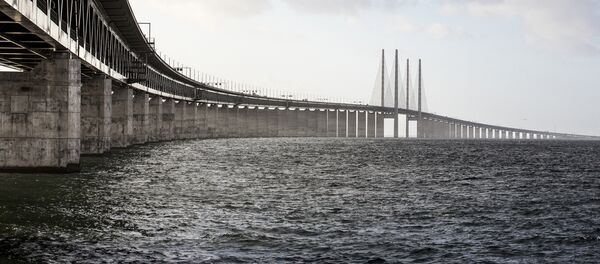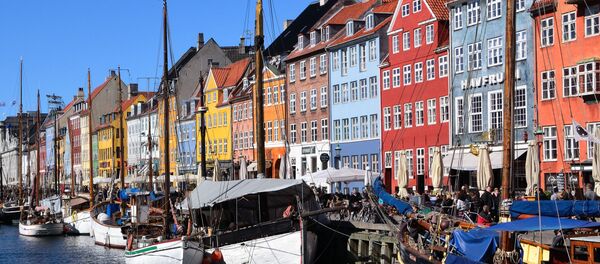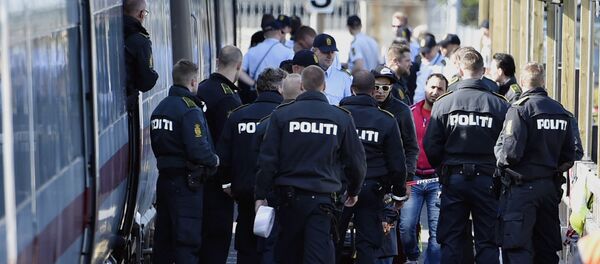The reintroduction of ID checks and border controls has affected jobs, trade, tourism and travel times in the region, a recent report by the Administrative Board of Skåne pointed out. Traveling times between Copenhagen and Malmö increased by 30 to 60 minutes, with departures being heavily reduced at peak hours. Even the Øresund labor market took a beating, Danish and Swedish employers indicate. Half of all major Danish companies report that it has become considerably more difficult to recruit Swedish personnel, Swedish news outlet Norra Skåne reported. Earlier this year, angry workers were reported to have left their jobs in both Denmark and Sweden out of frustration over the commuting schedule.
The border controls, which according to an estimate from the South Swedish Chamber of Commerce cost the both countries three million kronor per day (some $360,000), were introduced in a bid to stop the influx of refugees and combat human trafficking. In the hectic months of the autumn of 2015, Sweden was receiving thousands of asylum-seekers per day.
Öresundsregionen behöver prioriteras mer på den politiska agendan. https://t.co/sq1mo93i7o #oresundsbron #skpol #svpol
— M Hulthe Andersson (@hulthe) 8 августа 2016 г.
The Swedish government justified the reintroduction of border controls with the risk of terrorism and the need for control over those entering the country. But so far this year, thousands of asylum seekers have been crossing the border without permission, indicating that the goal is hardly satisfied, Per Löwenberg of the national border police pointed out to Swedish newspaper Svenska Dagbladet earlier this year.
According to pollster Norstat, 58 percent of Danes are in favor of permanent border controls, whereas 34 percent oppose this idea, Danish news outlet Altinget reported earlier this month.
Öresundsbron i går kväll pic.twitter.com/0CwJMr9kXw
— Susanne Nilsson (@Infomastern) 24 августа 2016 г.





